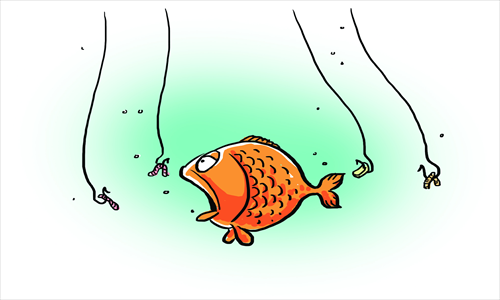Myanmar not playing zero-sum game

Japan's Deputy Prime Minister Taro Aso's visit to Myanmar in early January, followed by Prime Minister Shinzo Abe's Southeast Asia tour, has sparked some unease in China, the biggest trading partner of Myanmar.
Some Chinese analysts say the visits can be perceived as part of Japan's latest attempts to reduce Chinese influence in Myanmar and the Southeast Asian region at large.
In fact, Japan's interest in Myanmar has many deep and tangled roots going beyond the strategic rivalry with China. There are historical ties going back to the role the Japanese played in undermining British colonial rule.
Aung San Suu Kyi's father Aung San was trained and supported by Japan. The ties were also reinforced by Japan's continuing effort to provide a certain measure of economic and diplomatic support to Myanmar despite several Western countries' sanctions.
Japan's interest in Myanmar and Southeast Asia is undoubtedly strengthened by the Japan business community's hope to find alternative sources of growth in Asia outside of China and by strategists who want to support the US in reaching out to Myanmar and making sure that it does not become a Chinese strategic outpost.
This also fits into Abe's emphasis on Southeast Asia, which is rooted in part in his efforts to emulate his grandfather, Nobosuke Kishi, who became the first post-1945 Japanese prime minister to tour the region.
However, I strongly doubt Japan can reduce China's influence in Myanmar.
China is a huge economic power that borders Myanmar and will undoubtedly play a gigantic role in the country's future. The problem is that precisely because China is so influential, Myanmar is looking to outside forces to help prevent itself from becoming completely dominated by Beijing.
But if we have a relapse into authoritarianism in Nay Pyi Taw, this could set back ties with Japan. Human rights and democracy are likely to continue to be problems for the US and other US-aligned countries in their relationship with Myanmar.
The Japanese have been historically less concerned about that issue than the US and some European countries, but it is a factor.
On the other hand, continued democratic reform may play a positive role.
Japan's economic and diplomatic drive in Myanmar is also due to its desire to play a more independent international role from the US, even as it continues to cling to the US for strategic support. Japan's trade with countries like Myanmar is one way for it to underline its presence.
This is not, however, a zero-sum game. In many respects, Japanese ties with Myanmar benefit from improved relations between Nay Pyi Taw and Washington. There is a distant analogy here with the impact of improved Sino-US ties in 1972 and the way it led to improved relations between Tokyo and Beijing.
India also has a strong interest in the country, and South Korea, Russia and the EU have also sent friendly signals to Myanmar. However, there are limits to how far Myanmar is willing to become a pawn in the power struggle of other countries.
All the Southeast Asian countries have become very adept at maneuvering between much more powerful external actors. For instance, Thailand should get a special prize for being allied with imperial Japan at the same time it was counted as a US ally during World War II.
There is little reason to expect Myanmar to act any differently. It will cooperate with one side or the other to maximize the economic and political benefits, while being careful to preserve its independence, which means avoiding moving too far into one camp or the other. Only a very hostile Chinese policy is likely to turn Myanmar into a real enemy.
The article was compiled by Global Times reporter Ling Yuhuan, based on an interview with Thomas Berger, professor of International Relations with Boston University. lingyuhuan@globaltimes.com.cn